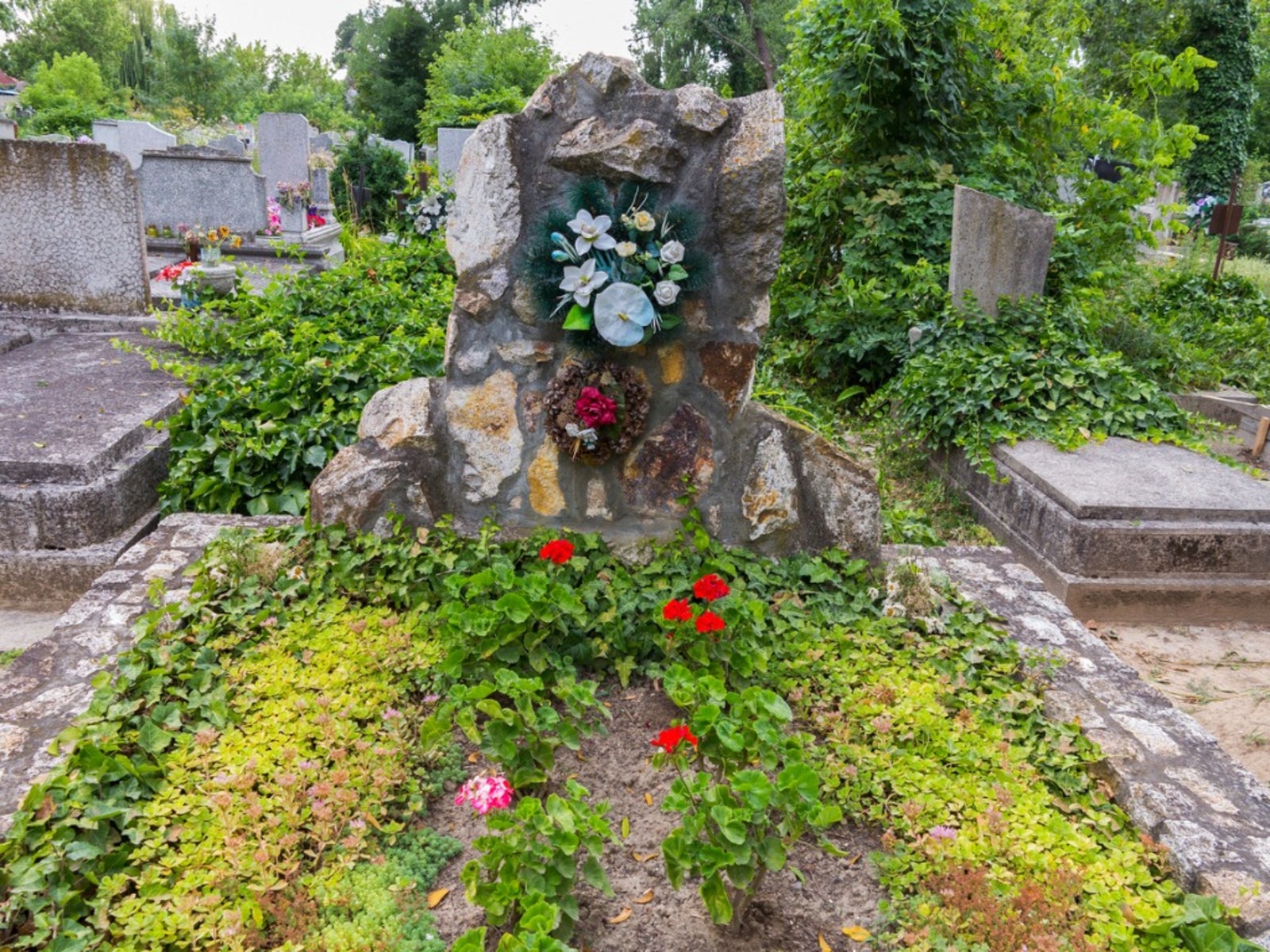https://www.youtube.com/watch?v=fOO1mWLGhh8
the imagery in this passage immediately reminded me of the music video for denzel curry's song "walkin." it is set in a dry, hot, barren land which i feel like perfectly matches the description of a waste land. there are only fragments of a previous civilization, an unrelenting sun and burning sand.
specifically, the phrase "a heap of broken images" plays into the idea that there are pieces of a civilization buried in the waste land.
i believe that the song's portrayal of the waste land is a metaphor for a cultureless future. i would argue that our society is already moving toward being nothing more than fragments of what we used to know. artificial intelligence is starting to replace human art and labor. eventually, it is possible that every aspect of human culture will be replicated with advanced technology.
while eliot's poem does not share the same imagery, i believe that it shares the same sense of distress for the progression of society. both the poem and the song create the sense that our world is moving in a direction where the things we love now will inevitably become distant, barely recognizable relics.


